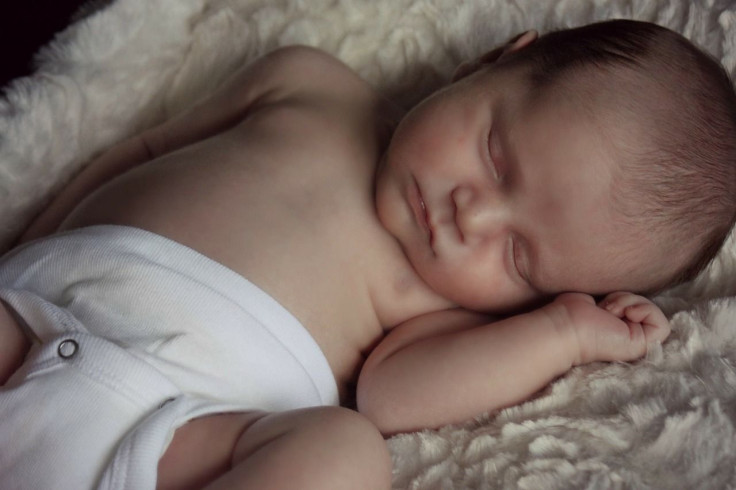The Best Amount Of Sleep Time Newborns Need

KEY POINTS
- Babies need to sleep a lot of hours since they are growing rapidly
- Health experts state that newborns need between 14 to 17 hours
- As your baby grows older, his sleep requirements also start t reduce
There has been persistent talk about new parents getting only four hours and forty-four minutes of sleep on the average during the first year of their infant’s life. While sleep requirements may vary for everyone, on average, adults require anywhere between seven to nine hours of sleep time at night. Many older people still require at least seven hours for them to be in their best form in the daytime.
A Baby’s Sleep Time Requirement
From zero to three months, your baby needs to sleep from 14 to 17 hours. After three months, this reduces to approximately 12 to 16 hours and may continue to be so until your baby reaches one year old.
Your newborn may spend approximately half of their sleep time in Rapid-Eye-Movement mode. This is a stage where your baby dreams, move about and make sounds. As they grow, your baby will have a deeper sleep for a much longer period. They may wake up between various stages of sleep, oftentimes crying, or hungry.
These are not steadfast rules, though, as all babies differ. Some may sleep more than others. It is very important, however, to carefully monitor such.
Your baby’s lack of sleep will manifest in her behavior. It may cause them to become hyper, oftentimes making it difficult for you to calm them down. In other cases, they may cry often and cling to you.
Unless there is no pattern, a baby who sleeps most of the time is not a problem. If your infant is unable to tell night from day, you might need to schedule specific times for feeding.
It is also a good idea to consult with a medical professional to see whether your baby’s sleepiness is not caused by underlying medical problems like an infection or jaundice.
Getting Your Baby To Sleep
During your pregnancy, your baby sleeps while you continue performing your daily routines. Your movements will make the baby feel like you are rocking her or gently patting her back. In both instances, such motions are relaxing for babies. This is why it is always good to keep moving so your baby can get to sleep.
After delivering your baby, you can try mimicking your womb’s cozy environment so your baby can sleep faster and deeper. Try to keep your baby swaddled in the blanket to replicate the atmosphere your baby used to be in.
You should also know that babies are easily disturbed by silence because while in your womb, they are used to the sound of your body as you move about. You can try playing some calming music for your baby, so they can go back to sleep.
A room that is too cold or too hot can make your baby very uncomfortable. Besides, too much warmth increases your baby’s risk to Sudden Infant Death Syndrome, while chilly rooms can easily wake them up.
You can also train your baby to associate darkness with bedtime. During the daytime, you can close the curtains or blinds and dim the lights inside the room to simulate bedtime.
© Copyright IBTimes 2025. All rights reserved.





















